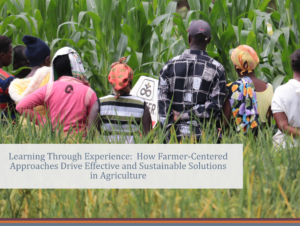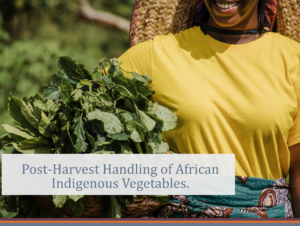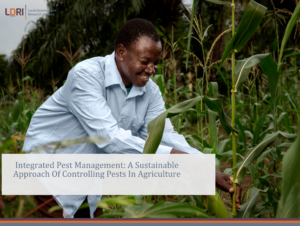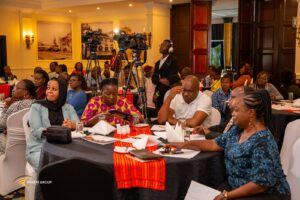![]()
GODAN’s 3rd International Workshop on Creating Impact with Open Data
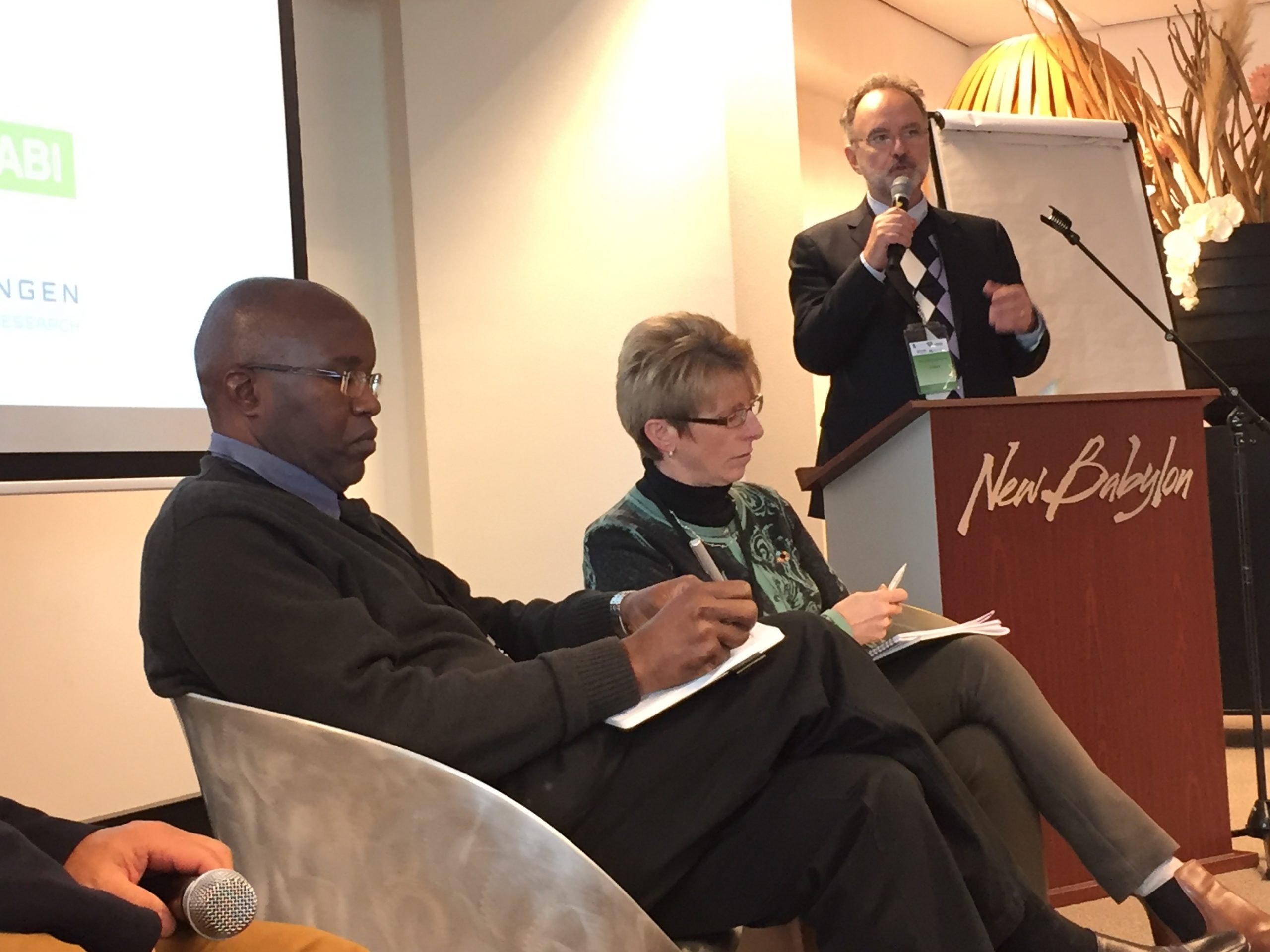
The Global Open Data for Agriculture and Nutrition (GODAN) is a worldwide network of institutions and governments supporting open data within the agriculture and nutrition space. LDRI has been part of GODAN since 2016 and is actively involved in the Capacity Development Working Group as well as the Government of Kenya’s GODAN National Steering Committee. We see the role of open data being especially critical in supporting evidence-based decision making and enriching participatory approaches to development.
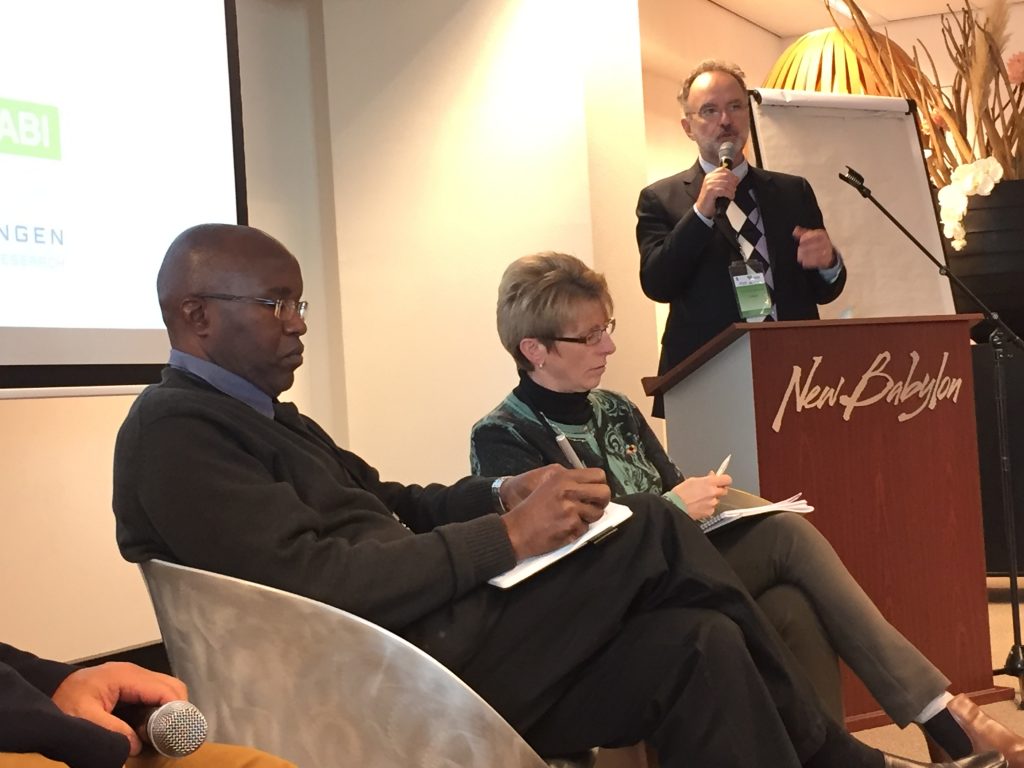
In February 2017, GODAN and its partners convened the 3rd Creating Impacts Through Open Data workshop in The Hague, Netherlands. The objectives of the workshop were:
- To build action agendas to strengthen the role of open data in achieving sustainable production of food at lower environmental and social costs from both a public and private sector perspective;
- To identify and scope Big Wins of Open Data towards impact and build collaborative partnerships for implementation;
- To develop organizational and practical capacities for working with open data in a meaningful way.
In Africa, one area where there’s a clear agenda with support from the highest levels of government is the agricultural transformation agenda guided by the Malabo Declaration. For African countries to achieve their objectives as stated in the Malabo Declaration, access to high quality, timely and accessible data for decision-making and accountability is crucial. For the workshop participants from Africa, this workshop was therefore quite timely, especially when the upcoming Biennial Review of Malabo is taken into account. We believe open data, as one category of data needed within the implementation of Malabo, will play an important part in the work stakeholders need to get done. Therefore, a couple of areas where action agendas are critically needed came to the fore.
- Capacity development: There is a very broad range of actors in the open data space and capacity development needs to take this into account. Capacity development isn’t just about training users on skills for analysing open data or building mobile apps. It should also be about understanding ways in which open data for agriculture and nutrition can be leveraged as part of the implementation of national and regional agricultural development frameworks. This an area of capacity development that allows champions working on open data to answer the “why open data” question better. Capacity is also about infrastructure, an enabling environment and the domain expertise necessary to ensure any efforts on open data are in support of the broader policy agenda and not in conflict.
- Development partners are still the primary funders of open data initiatives in Africa. Once donor support for the initiative is no longer available, the initiative’s existence is in immediate jeopardy. It is likely that having open data initiatives still functioning as donor projects without a clear connection to mainstream government business may be affecting long-term sustainability. The process of contestation that is a standard feature of the budget-making process in government makes it necessary for project champions to make clear connections between projects/programmes and the macro-level development agenda of the country. Subjecting open data to this process could result in broader interministerial consultations, clearer identification of the value added to the governance architecture and a strong sense of ownership contributing to sustainability beyond seed money provided by development partners through loans and grants.
The novelty of open data has long worn off. Implementers, funders and government champions now want to see pragmatic approaches and realistic claims and results not the overselling and hype that was the staple of the space a few years ago. To move the needle towards realistic, sustainable and effective implementation of open data in government requires deliberate efforts in capacity development and a reliable source of financing for the medium term. It is unlikely there can be any meaningful way to work with open data without addressing the capacity issues of states and non-state actors in the agriculture sector in Africa.

